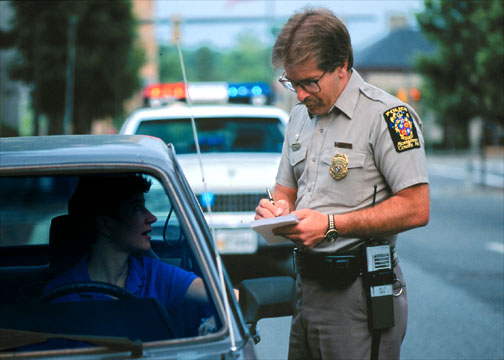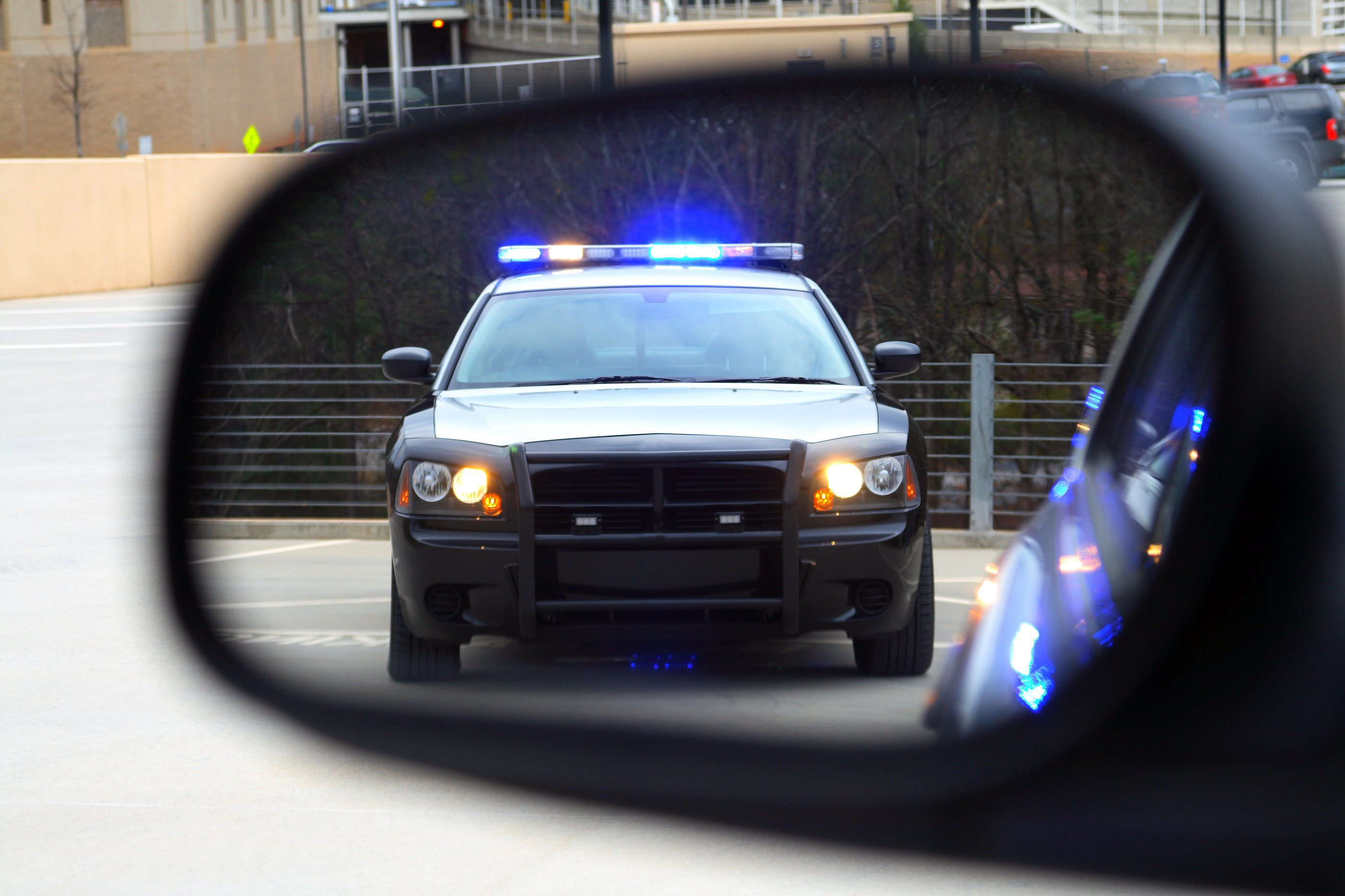Well if you are in Costa Rica you can always slip the traffic officer a few colones and that is the end of the story, I would not try to do this in the USA, trying to give a cop some colones will just make them mad.
 Getting pulled over by a cop on the road is a nerve-wracking experience no matter who you are, but depending on your race and gender, it may be far more stressful — and consequential.
Getting pulled over by a cop on the road is a nerve-wracking experience no matter who you are, but depending on your race and gender, it may be far more stressful — and consequential.
A new survey by CheapCarInsurance that pooled 2,000 adult U.S. drivers found that nearly 20 percent of white men say they’re always able to get out of a traffic ticket; as are 18 percent of white women.
Seeing in Black and White
Black drivers face slimmer odds of driving off with just a warning, with 15 percent of black drivers claiming they’re able to get out of a ticket; 34 percent of black drivers said they are never able to get off with just a warning.
Erin Well, project manager at Cheap Car Insurance, said that the survey didn’t go into the “whys” behind the numbers, and declined to speculate on how exactly white men are the most successful at getting out of traffic tickets.
So Much for the Sobbing Girl Stereotype
Across the board, men get out of traffic tickets more than women, which calls a certain lingering stereotype into question, one we’ve seen in dozens of flicks and TV shows: that of the young woman who breaks into tears before the male cop, moving him to let her off with a warning.
“We have these pop culture references where the attractive young woman bats her eyes and gets out of a ticket,” said Well. “It was surprising that, in fact, women are more often ticketed than men.”
Best and Worst Behaviors
That said, flirtatious behavior may come in handy; the survey found that 72 percent of drivers who have been stopped by cops feel they’ve been let off the hook because they flirted with a police officer.
68 percent of respondents said they got off with a warning because they made up an excuse for whatever actions got them pulled over; while 61 percent of drivers who purposely cried were let go without a write-up versus about the same percentage of drivers who cried without meaning to.
Surely it depends on the officer and the situation, but the survey found that the best way to get out of a ticket is by showing remorse (effective for 78 percent of the time), and telling the truth (successful 89 percent of the time).
“Tell the truth and say you’re sorry,” advised Well. “It’s a logical thing. Police officers are put in intense situations and you crying over a ticket probably won’t work. They appreciate you knowing you did something wrong and that you won’t do it again.”
Strong Emotions and Racial Tension
Apologizing and being honest may be the right responses, but it must be noted that being pulled over can throw a driver into a place of vulnerability. The survey found that people reported feeling anxious, angry, or downright scared when pulled over by a cop. And, regrettably, race played a role.
For instance, 44 percent of black drivers said they felt scared when pulled over by a cop; compared with 36 percent of Hispanic drivers, 32 percent of Asian Americans, and 27 percent of whites.
Robert Chase, a Stony Brook University assistant professor who specializes in civil rights and policing, told NBC News that the fact that black people reported being afraid so much more than white people is hardly a shock.
“Let’s remember that many of the cases of [police brutality] against African Americans occur at routine police stops,” said Chase. “Philando Castile was pulled over 49 times before he was killed by police. Fear [of police violence] hangs heavy in the African-American community, and discussions about it stretch back to the moment of freedom for African Americans when the first thing they experienced were Black Codes.”
Trump Could Worsen Anxieties
Ideally, we would see no negative emotions from any drivers who are pulled over. After all, police are here to protect citizens, not to terrify, anger, or rattle us — but the more enforced the boundaries between citizens and cops become, the more tendency there is to feel unease.
“[President-elect] Donald Trump has very much appealed to the idea of establishing more law and order, continuing Richard Nixon’s promise [in 1968],” said Chase, adding that it’s this type of thinking that creates a police that is more “militarized,” and less involved with the community in a meaningful way.
Chase suggests that “community policing” is a more effective and trust-inducing approach.
“In this [type of policing], communities have a more active role with police,” said Chase. “There’s a community committee that oversees police activity, and police will work with the communities they’re policing whether that’s with students, activist organizations, or even ‘police lives matter’ groups,” said Chase, pointing to Dallas as a major city that is seeing positive results from implementing community policing.
From NBCNews.com

